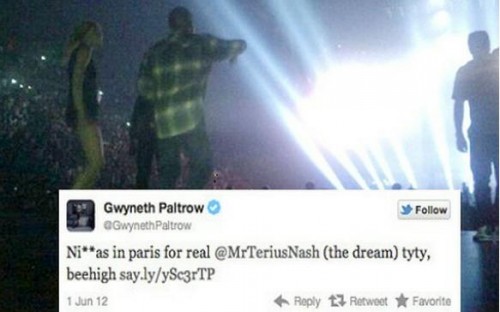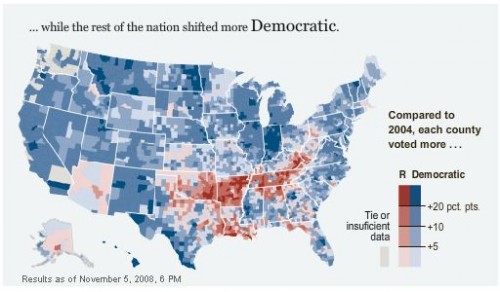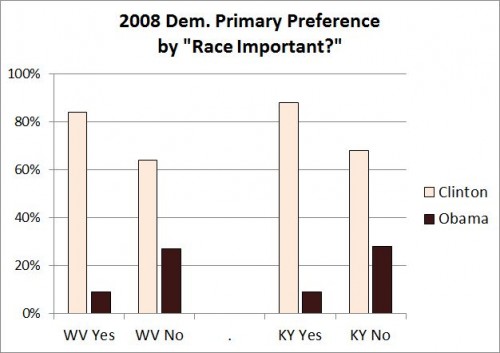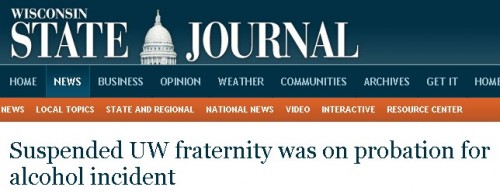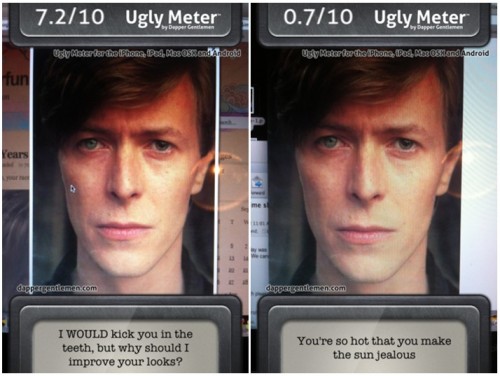It seems so.
According to a Gallup poll, “Americans believe that one’s stature has a decided effect on a variety of important dimensions.”
More people would prefer to be taller than shorter:
People think that taller people have a greater likelihood of getting respect at work, and even getting promoted:
Via Geoffrey Arnold, at The Social Complex. See also Arnold’s guest posts from The Social Complex introducing the concept of heightism as a gendered prejudice and discussing heightism (and other icky stuff) at Hooters.
Lisa Wade, PhD is an Associate Professor at Tulane University. She is the author of American Hookup, a book about college sexual culture; a textbook about gender; and a forthcoming introductory text: Terrible Magnificent Sociology. You can follow her on Twitter and Instagram.





